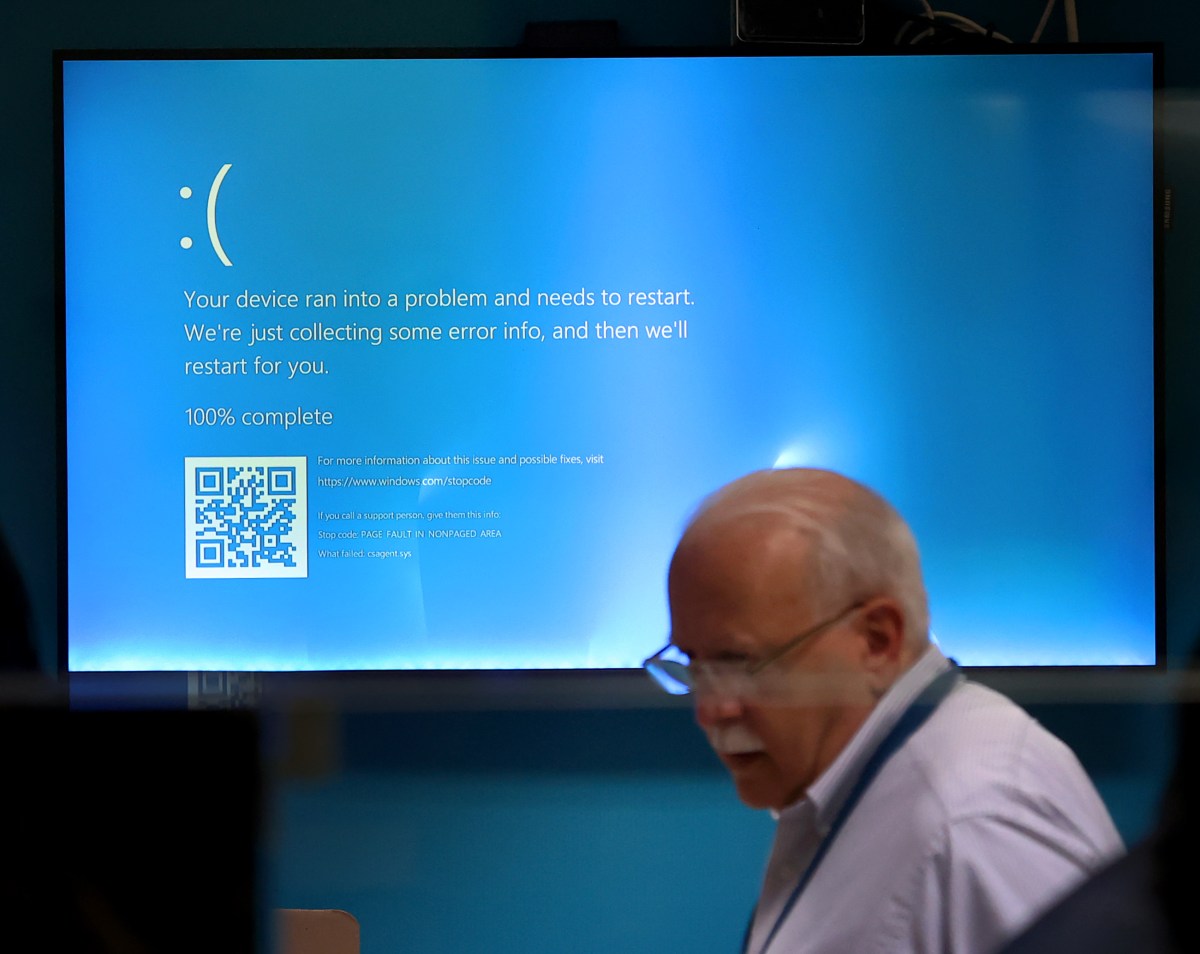- cross-posted to:
- [email protected]
- news
- [email protected]
- nottheonion
- [email protected]
- cross-posted to:
- [email protected]
- news
- [email protected]
- nottheonion
- [email protected]
CrowdStrike, the cybersecurity firm that crashed millions of computers with a botched update all over the world last week, is offering its partners a $10 Uber Eats gift card as an apology, according to several people who say they received the gift card, as well as a source who also received one.
On Wednesday, some of the people who posted about the gift card said that when they went to redeem the offer, they got an error message saying the voucher had been canceled. When TechCrunch checked the voucher, the Uber Eats page provided an error message that said the gift card “has been canceled by the issuing party and is no longer valid.”
On Friday, CrowdStrike released a faulty update that rendered around 8.5 million Windows devices unusable, according to Microsoft. The update caused the affected computers to be stuck at the infamous “blue screen of death,” or BSOD, a bright blue error screen with a message that is shown when Windows crashes or cannot load because of a critical software failure.
The outage caused delays at airports in Amsterdam, Berlin, Dubai, and London, and across the United States. It also caused several hospitals to halt surgeries, and paralyzed countless businesses all over the world.



But “Indian Giving” as a concept was just a way to excuse giving the indians a deal then renegging on it everytime the wind blew. Classic projrction propaganda before it was invented by ivy leauge schools.
Indeed, that’s why I was asking for a non-offensive version of the term to apply when people actually give you something and take it back.
I believe that “Indian Giving” is sourced in a cultural misunderstanding between Indigenous and European societies. Indigenous societies were reciprocity based, so giving gifts should be reciprocated with a gift of like value to strengthen relationships, or increase honour (social standing). The Europeans were working in a patron-client system so a gift was seen as a way of purchasing access to power through a patron. The Europeans thought the Indigenous people were paying for access to power (like a tributary), so there’s no expectation of returning a like gift. The indigenous people thought they were entering into a mutual relationship, and when a like gift wasn’t returned that was seen as reneging, so they took back their ‘offer’.
Glad to have an anthropologist kick my ass.
Ill ask around local MMA gyms